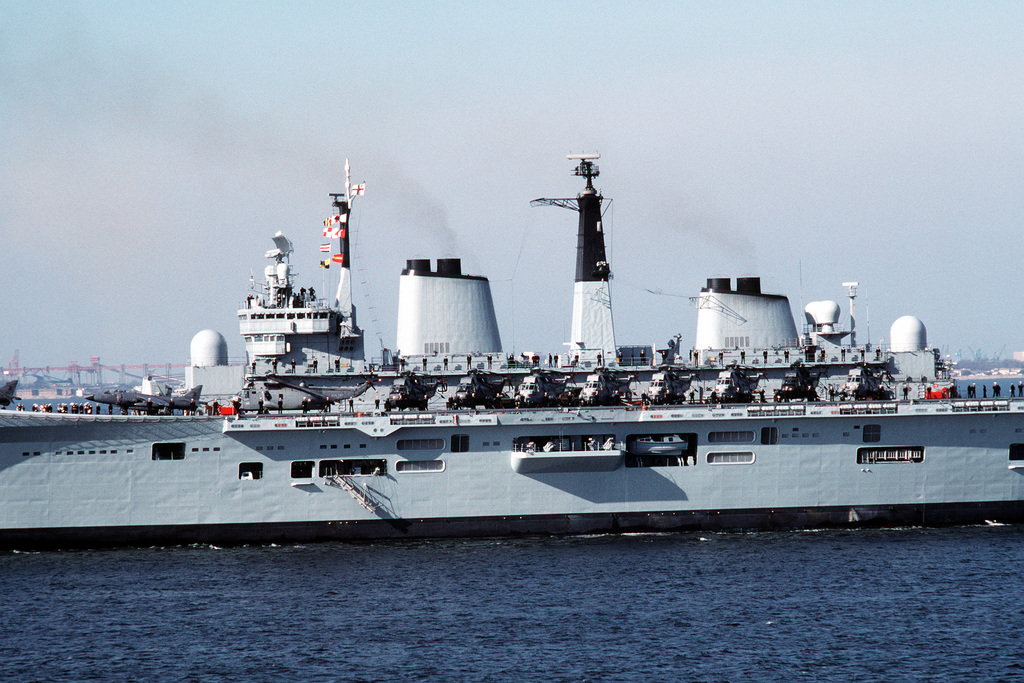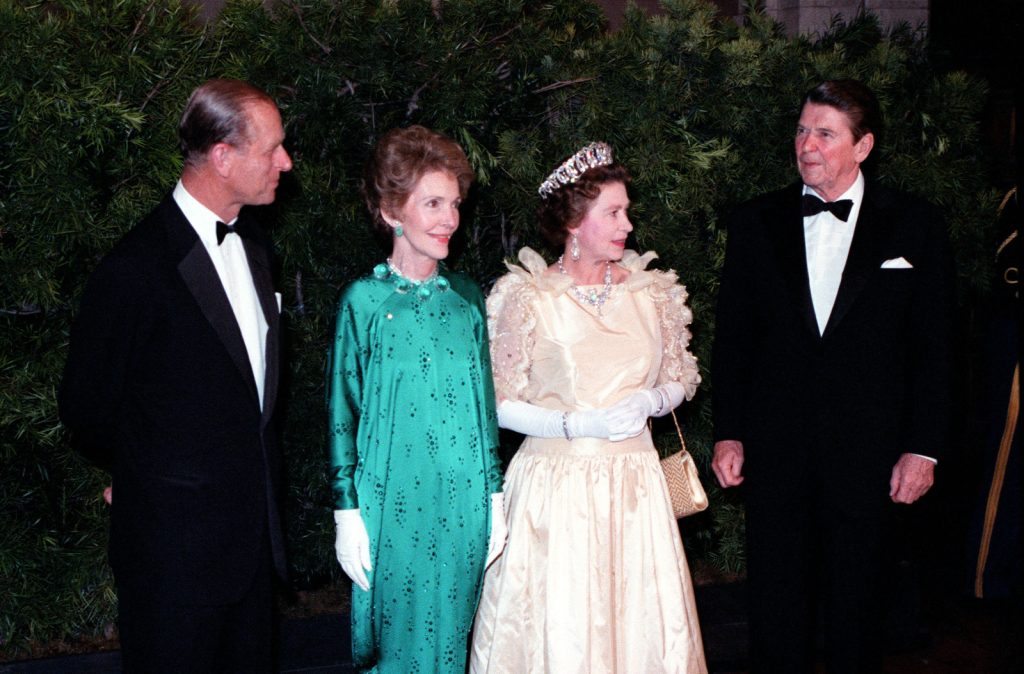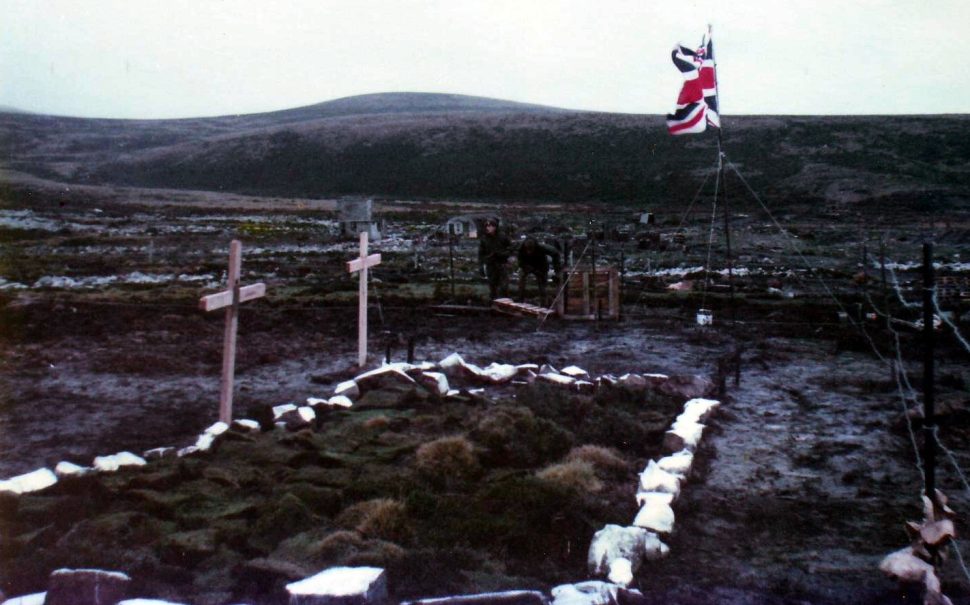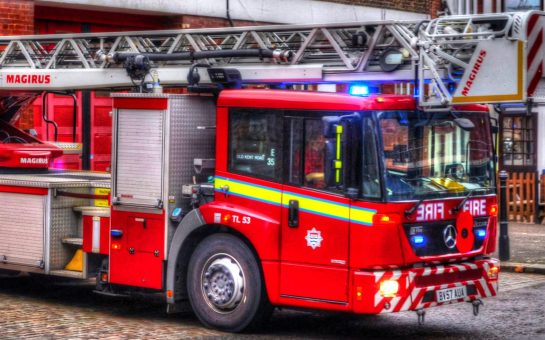The Falklands War, which marks its 40th anniversary this month, meant the Queen experienced the 74-day war as the monarch and military mother.
Then Prime Minister Margaret Thatcher’s decision to take military action against the Argentine incursion on the South Atlantic islands threw the country into its first official conflict since the Second World War.
This declaration of war in April 1982 shook military mothers across the nation and the Queen was among them.
Her second son, Prince Andrew, was a Sea King helicopter co-pilot on the HMS Invincible during the conflict.

Andrew’s duties included casualty evacuation, transport, search and air rescue operations and anti-submarine and anti-surface warfare missions.
Although not directly in the firing line, these duties would regularly place the prince in dangerous positions.
Understandably The Queen was reportedly anxious about the thought of her son fighting in a bloody conflict, which was over 10,000 kilometres from the UK.
Dickie Arbiter, former press secretary to the Queen, thought this conflict placed her in a very relatable position.
Arbiter said: “The Queen’s role was that of every other parent, she had a son that went off to fight in the conflict.
“The Queen was worried for the safety of her son in the same way that parents up and down the land were worried about their children.”
Her apparent fears were not unfounded as Andrew was present at the scene of the deadly attack on the SS Atlantic Conveyor, which claimed the lives of 12 sailors after sinking.
Reports of a planned assassination of the prince by the Argentine Navy in the later stages of the conflict only heightened the sense of real danger the Queen’s son was facing.
The fear of losing a royal was so pronounced that cabinet members in Margaret Thatcher’s government wanted to move Andrew to a desk job away from the firing line.
According to royal commentator Richard Fitzwilliam, the government of the day thought it would be a victory for the Argentinians to capture or kill a royal.
However, the Queen strongly opposed this measure and insisted that he remain on the Invincible to carry out his duties.
Fitzwilliam said: “She had a personal dedication to duty and understanding of what duty meant.”
Her maternal concern was publicly demonstrated when the Queen and Prince Philip welcomed Andrew home when he returned to Portsmouth.
Andrew was considered a war hero by the public at the time and famously disembarked HMS Invincible holding a rose in his mouth as he was greeted by his mother and father.
Arbiter highlighted that royal military duty is a tradition as old as the British royalty itself.
He referenced the more recent example of Prince Harry serving in the Army Air Corps in Afghanistan on two separate tours of duty as evidence of this continuing tradition.
As per the constitution, the Queen must remain firmly outside the realms of politics and should only act upon the advice of her ministers.

However, she famously broke this rule by expressing concern about the Falklands War.
During a state visit by the then US President, Ronald Reagan, the Queen said: “The conflict in the Falkland Islands was thrust on us by naked aggression and we are naturally proud of the way our fighting men are serving their country”.
A total of 255 British servicemen died during the conflict, as well as three civilian Falkland Islanders.
However, this intervention was uncharacteristic and ‘reckless’ as Arbiter put it, of the Queen who usually favoured forbearance in such situations.
Therefore, despite her constitutional impartiality, the Queen has expressed care and concern for her armed forces over the years.
After all, being a mother and a monarch is a particularly unique position.





